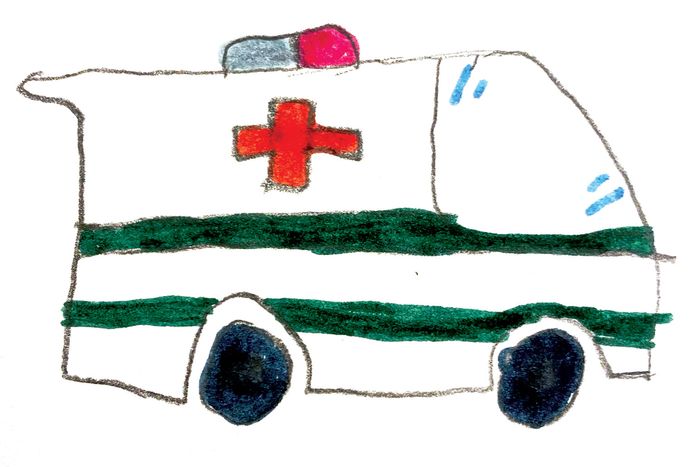
Who picks the doctors?
A New York City research and information company, Castle Connolly Medical Ltd., a subsidiary of Everyday Health Group, publishes an annual database, Top Doctors: New York Metro Area, which lists those whom Castle Connolly has determined to be in the top 10 percent of the region’s physicians — nearly 6,000 in all. For the past 22 years, Castle Connolly has been providing New York with a shorter version of this list for the magazine’s “Best Doctors” issue. Space prohibits New York from publishing the full list; this year, the doctors on our list number 1,352.
How does Castle Connolly decide which doctors are the best?
The firm conducts a peer-review survey. The idea is that medical professionals are best qualified to judge other medical professionals, and if one recommendation is good (think of your doctor referring you to a specialist), multiple recommendations are better. Licensed physicians vote online (castleconnolly.com/nominations) for those doctors they view as exceptional. Participating physicians are asked to nominate those doctors who, in their judgment, are the best in their field and related fields, taking into account not only professional qualifications and reputation (education, residency, board certification, hospital appointment, and disciplinary record, for example) but also skills in dealing with patients (listening and communicating effectively, demonstrating empathy, instilling trust and confidence). Doctors cannot nominate themselves, and all nominations are confidential. The Castle Connolly physician-led research team then tabulates the results and vets the nominee pool, confirming the doctors’ board certifications and licensing and investigating their disciplinary histories.
Are the results adjusted at all?
Yes. The list is first adjusted for geographic balance. Because both Castle Connolly’s database and the list New York Magazine publishes are meant to help patients find doctors in their communities, Castle Connolly includes at least some top doctors from each relevant geographic area. On the one hand, this makes the list useful to the greatest possible number of New York Magazine readers; on the other hand, as a result of the concentration of excellent doctors in Manhattan, it forces some Manhattan doctors off the list.
Second, Castle Connolly strives for balance across specialties. Top doctors in popular specialties, therefore, might be left off in favor of a few in less-populated fields. Keep in mind, though, that all the doctors listed, regardless of location or specialty, are included because they came highly recommended by their peers and that all were thoroughly screened by Castle Connolly.
My doctor says he was left out last year because of politics. Could that be true?
To the extent that politics can enter into any peer-review process, it is possible that a given nominator had concerns other than an objective assessment of his peers’ skills when filling out his ballot. But Castle Connolly doesn’t play favorites in its selection process, and the large number of nominators tends to correct for any individual’s ulterior motives.
If my doctor is not on the list, does that mean she is not a great doctor? No. The selection of doctors by peer review — and the compilation of a list that considers diversity of specialties and geography — inevitably leaves out many outstanding doctors.
Don’t the same doctors get nominated every year?
Many doctors do, but there are many new doctors on the list each year, too. Because established, well-known doctors are exactly that — established and well-known — the list may favor that kind of physician. That may mean fewer new choices each year, but it also means the list is inherently conservative. Given the importance of choosing a doctor, Castle Connolly and New York Magazine view that as a healthy bias.
One of my doctors was on last year’s list and isn’t on this year’s. What does that mean?
It doesn’t necessarily mean anything; it certainly shouldn’t be taken as proof of a drop-off in the doctor’s effectiveness. Getting on the list once doesn’t guarantee a doctor a “lock” on a position; the selection process begins anew every year.